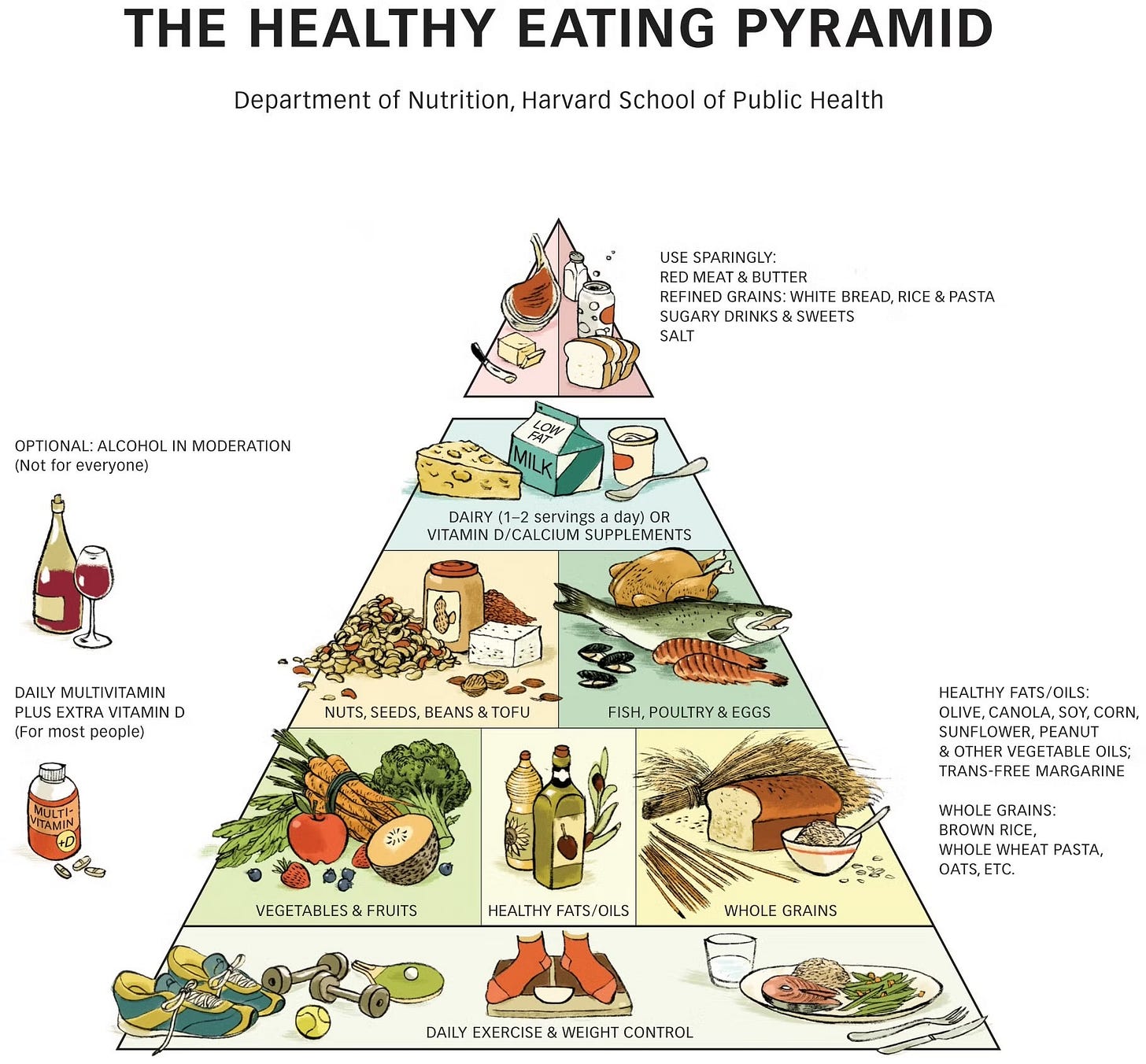Balance?!?
The Subconscious Fat of It
"Balance is overrated," I say, leaning back in my chair and folding my arms.
Mr. Skeptical narrows his eyes, setting down his coffee mug. "Are you seriously going to argue against balance? The cornerstone of everything from work-life harmony to a good golf swing?"
I shrug. "Sure, balance works in many areas—relationships, stress management, etc. But when it comes to diet, balance is holding people back. We’re not built for dietary balance. We’re built to thrive on a meat-based diet."
He raises an eyebrow. "So you’re saying we shouldn’t eat anything else? That doesn’t sound very... balanced."
I grin. "Exactly. Balance in diet is a myth. Humans survive as omnivores, but we thrive as carnivores. The proof of that is in the anatomy of our digestive system.” See images of that here.
Subconscious Fat at 30,000 Feet
Balance is one of those universal ideals everyone loves to champion. It refers to work-life balance and balancing responsibilities. Even the old food pyramid promoted the idea of a ‘balanced diet.’

Mr. Skeptical leans forward, gesturing with his mug. "That’s because balance works. Humans are adaptable. Our ability to eat a wide range of foods is why we’re still here."
"And yet," I counter, pointing at him, "we’re sicker and fatter than ever. Diabetes, obesity, autoimmune disorders—none of this screams ‘thriving.’ Balance might keep us alive, but it’s not optimizing our health."
"So what’s the alternative?" he asks, leaning back. "Just steak and eggs forever?"
"Why not?" I reply. "Our ancestors weren’t balancing grains, legumes, and kale smoothies. They ate the most nutrient-dense, calorie-efficient foods they could find: animals. And their brains and bodies thrived because of it."
Subconscious Fat at 10,000 Feet
"But balance has its perks," Mr. Skeptical says, tapping his fingers on the table. "Look at exercise. You can’t just focus on strength training—you need flexibility, cardio, recovery. Balance makes you well-rounded."
"Let’s talk about balance in fitness another day. Let's stick with diet today. " I reply, nodding. "Diet is different. It’s about fueling the body with the best inputs. Adding less optimal foods—like grains or sugar—doesn’t complement anything. It just dilutes the benefits."
He raises an eyebrow. "Dilutes the benefits? You sound like a purist."
"Not a purist," I correct. "Just practical. Think about this: would you water down gasoline before putting it in your car?"
He smirks. "If it saved me money, maybe."
I roll my eyes. "Okay, bad example. But you see my point. When you have something optimal—like a carnivore diet—adding suboptimal foods for the sake of balance doesn’t make it better. It makes it worse."
Subconscious Fat at Eye-Level
"So you’re saying humans are meant to be carnivores?" Mr. Skeptical asks, arms crossed.
"Not exclusively," I concede. "We’re omnivores by design. We can survive on a variety of foods. But surviving and thriving are two different things. Meat provides everything we need—complete protein, healthy fats, essential vitamins and minerals. Plants are fallback or filler foods. They’re what we ate when hunting wasn’t an option."
He frowns. "Filler foods? That’s a pretty big generalization. What about the antioxidants and fiber you get from plants?"
I shake my head. "The antioxidant story is overblown. Your body has its antioxidant systems—glutathione, for example—and they work better when you’re not bombarding yourself with oxidative stress from carbs and seed oils. And fiber? Let’s not even go there. People do fine without it. Besides, I’ve written before about fiber here."
"But what about variety?" he presses. "Doesn’t balance make meals more enjoyable? Isn’t it more sustainable to have a bit of everything?"
"Sustainable doesn’t mean optimal," I reply. "And as for variety, you can get plenty of that with an animal-based diet. You won't get bored with beef, pork, chicken, fish, eggs."
Practical Suggestions and Conclusions
"Okay," Mr. Skeptical says, holding up his hands. "Let’s say you’re right about thriving on a meat-heavy diet. Are you saying balance has no place in life?"
"Not at all," I reply. "Balance is great for things like stress. You don’t want to be all work and no play. It’s good for relationships and hobbies. But when it comes to diet, it’s a trap. People are so focused on balance that they forget about effectiveness."
He raises an eyebrow. "So you’re saying ditch balance, eat meat, and call it a day?"
"Pretty much," I say with a grin. "Because the simplest, most effective approach to health is giving your body the fuel it thrives on. And that’s not a ‘balanced diet’—it’s a carnivore diet."
Mr. Skeptical sighs, shaking his head. "I don’t know. Balance feels safer. Less extreme."
"Safety is overrated," I reply, raising my buttered coffee in a toast. "And so is balance."
He smirks. "Fine, but if I end up living longer because I ate my kale, you owe me an apology."
"You won’t," I say confidently. "But if I’m wrong, I’ll buy you a salad."
He laughs, “Did I just make a deal with the Real Diehl?”
I smile. “You did.”
Be aware.



